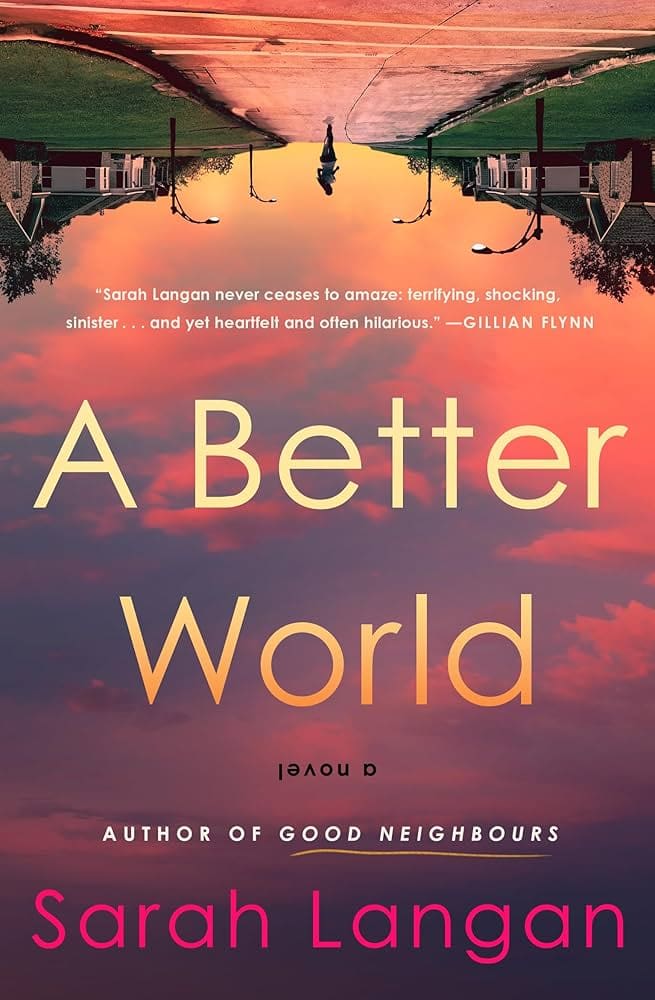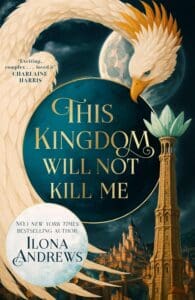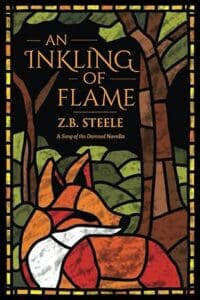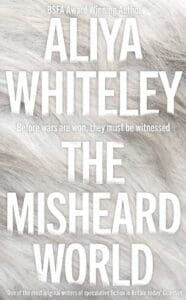
Synopsis:
As the outside world literally falls apart, Linda and Russell Farmer-Bowen and their teenage twins are offered the chance to relocate to Plymouth Valley, a walled-off company town with clean air, pantries that never go empty, and blue-ribbon schools. The family jumps at the opportunity. They’d be crazy not to take it. This might be their last chance at survival.
But fitting in takes work. And the strange residents fervently adhere to a group of customs and beliefs called Hollow… but what exactly is Hollow? Finally, thanks to Linda’s medical skills they begin to find acceptance, and everything seems fine. Sure, Russell starts hyperventilating through a paper bag in the middle of the night, and the kids have drifted like bridgeless islands, but at least they’ll survive. But something isn’t right. The more Linda learns, the more frightened she becomes. Should the Farmer-Bowens be fighting to stay, or fighting to get out?
Review:
Bleak and effective, Sarah Langan’s “A Better World,” skillfully juggles stomach-turning suspense, with sharp social commentary. With an uncanny valley back-drop echoing the work of Ira Levin and reminiscent of Black Mirror’s “Nosedive,” Sarah has written a novel in which true dystopia hides behind advanced technology, luxurious homes and golden tickets to a long and happy life. In this saccharine nightmare, to say that Langan captures the essence of “Too good to be true,” would be an understatement.
Set in an all too recognisable future, in which humanity is speeding straight toward a climate catastrophe, unemployment is at an all time low, and those who are earning, are not earning enough- the Famer-Bowens spot a way out. Linda’s husband has been laid off, but when he secures a role at BetterWorld, and thus a coveted spot in the company town “Plymouth Valley,” it seems the family are going from rags to riches. The most idyllic town since Stepford, “Plymouth Valley,” is a glorious place to live, boasting clean air, free housing and top-tier education. Whilst yes, the prospect of the first review is daunting, the worship of the caladrius bird is a little odd, and initially the people seem to be rather hostile toward the Farmer-Bowens, surely that’s better than the alternative. As they navigate the cheerful yet insincere community, a web of ruthless hierarchies, and bizarre customs are unravelled- perhaps what lies beneath the perfect veneer of Plymouth Valley is worse than the toxic wasteland beyond its gates.
Aside from weird demon geese, “A Better World,” serves as a cautionary tale about the perils of progress, and how what seems like benevolence can become oppressive and fascist when unchecked. The shiny technologies and advancements in “A Better World,” are the tip of the horror iceberg; the real fear stems from the way these innovations can be used to erode individual autonomy and subsume the town’s identity under a monochromatic, powerful entity. This is of course particularly impactful in an age plagued by AI and algorithms- making “A Better World,” feel less like fiction, and more like a forecast.
When somebody says “folk horror,” my mind springs to evil faeries flitting through ancient woodlands, but the interwoven folkish elements: tradition, non-liturgical worship, and the emphasis on “community,” work just as well in Langan’s “Brave New World,” setting. Anchored in a timeless dread, the blend of folk and dystopian horror creates a unique tension, as primal fears appear in an advanced world you’d hope would have moved past them. Instead of some ancient evil haunting a modern society, we see a modern society still ensnared in the clutches of cultish behaviour, zoolatry and hierarchy. Perhaps some grim parts of human nature can never be fully tamed or eradicated- and the next few decades hold both familiar and futuristic problems.
Langan digs into the very marrow of what makes a society tick. Whilst Plymouth Valley may be perfect on the surface, below bubbles a toxic brew of classism, conformity and control. The pursuit of this leads to a moral erosion, where the cost of a better life is nothing short of your soul. The inhabitants of Plymouth Valley are like moths to a flame, attracted by stability, technology and refuge, only to become consumed and lost to this. Ultimately, Linda and her family learn that when something appears too good to be true, it normally is- and the price to be paid, is steep.
In conclusion, Sarah Langan explores both current and looming issues, from climate to consumerism. A fun-house mirror of a novel, “A Better World,” distorts society into something scary- a chilling reflection of the path that we are already on. Dark and incisive, it prompts us to question whether the“better world,” that lies ahead is one we want to live in.









Leave a Reply